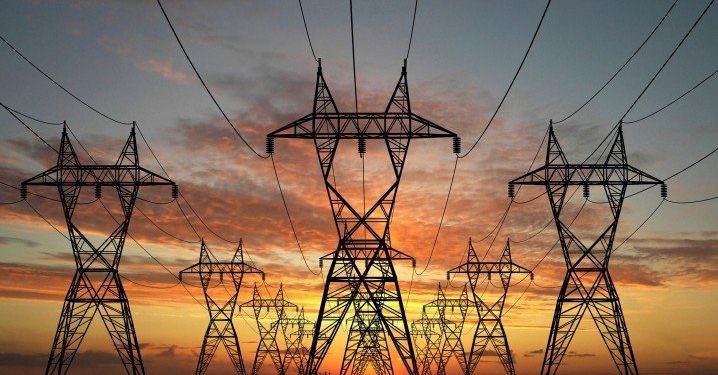
Oscarline Onwuemenyi
07 April 2018, Sweetcrude, Abuja – Nigeria’s power sector has lost about N108 billion between January and March 2018, due to several constraints inhibiting the regular supply of electricity in the country.
Based on data from the Nigerian Electricity Supply Industry (NESI), the power sector is losing between N1.2 billion to N1.5 billion monthly to water, gas, and transmission line constraints.
On January 25, 2018, average power sent was 3,971mw and 2,302.8mw was not generated due to unavailability of gas. About 417 megawatts (MW) was not generated due to unavailability of transmission infrastructure, while 290MW was not generated due to high frequency resulting from the unavailability of distribution infrastructure.
Therefore, the sector lost an estimated N1.584 billion on January 25, 2018, due to insufficient gas supply, distribution infrastructure, and transmission challenges.
Although the power sector is plagued with structural issues in all key areas – generation, gas supply, transmission and distribution, while the operational capacity of the country’s power plants is less than a third of their installed capacity, the Minister of Power, Works and Housing, Mr. Babatunde Fashola, reiterated that the Federal Government is committed to providing regular and efficient power supply in the country.
Fashola said, “While it is no longer news that we have reached a 7,000MW generation capacity and have a 5000MW Distribution Capacity; what is newsworthy is that last month we met with Manufacturers Association of Nigeria (MAN), Discos, and Gencos “on how to implement the Eligible Customer Policy and increase connectivity to the 2000MW that is available.
He added that, “In many parts of the country connected to the grid, citizens’ feedback is positive, even though all the problems are not solved. Citizens acknowledge more power in dry weather, reduced hours of running their generators and reduction in fuel (diesel and petrol) purchase to power generators.”
He described solar energy as cleaner and more efficient source of power, stressing that in many states, solar power is being accepted and used, while consumers are already embracing the solar power generation plan, which is an initiative of the government to boost electricity.



